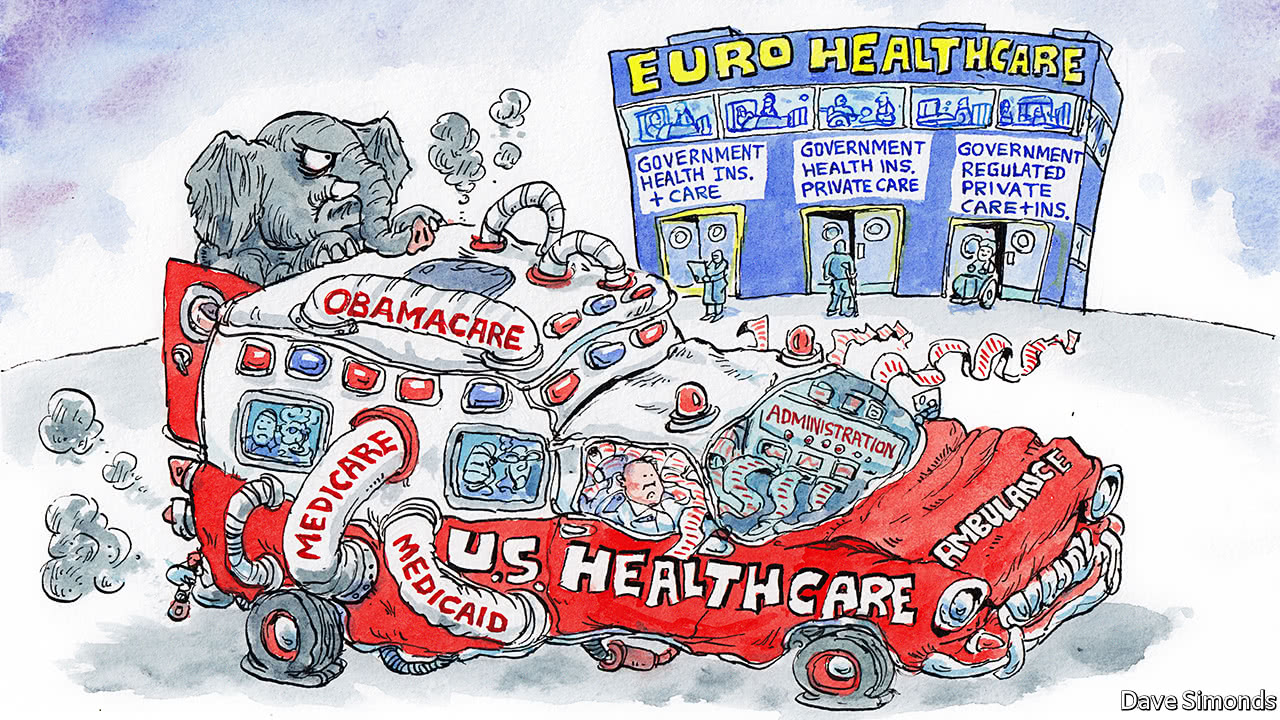Actually, Canada is struggling with health-care issues. Because there is so much private enterprise involved - privately-owned hospital level as well as what the public hospitals have to buy from private vendors - it's expensive. Because it administered provincially, it's vulnerable to local tampering, becomes unevenly distributed, so that one province gets better quality care than another - and of course rural communities suffer a chronic shortage of doctors. And because politicians have agendas, every time a conservative majority comes to power, they privatize more of it, the costs go up; add a little baksheesh and skimming, the costs go up; they raise the public insurance premiums and cut some of the services covered.
I'm inclined to trust faceless bureaucrats a lot more than in-your-face elected 'representatives'.
Why is it US citizens can buy US manufactured prescription drugs cheaper in Canada than in the US, the country of manufacture?
======
But representatives have nothing to do with it, other than voting for a budget.
The actual hands-on medical service is a priori over all other considerations.
It is never the medical personnel or the faceless bureaucrats, they all work for salaries.
IMO, it's the "stockholders" in the for-profit insurance administrations, which expect a profit on their investment. This is not
trivial to the overall cost of health care delivery.
This expense is avoided with a government service. All people are investors (tax-payers) and share equally in the services for the common good. The military is a perfect example.
A lot of companies make a profit on arms and supplies. But the military itself does not make a profit. Soldiers are salaried personnel.
As you observed, privatization shows a rising cost in services in direct proportion to the amount of privatization.
And so it is with heath care. Structure it so that the government DHW can structure an efficient reimbursement, without losing billions on "profits" which are in direct conflict with the "needs" of a patient.
If you want to pay for additional services other than comprehensive healthcare for all, no problem. Private duty medical arrangements are plenty.
In principle, a democratic government is a not-for-profit social/economic service cooperative for the "common good" and employs a lot of faceless bureaucrats. The difference is the government does not make a profit on the services it provides.
Private businesses do and free enterprise is another ideal concept. And there is a world of opportunity, apart from universal health care, that supports a thriving free market economy.
Any abuse of the public trust should not dictate the principal intent of the governing function. It should be corrected and protected from abuse, not modified to accommodate the abuse..

